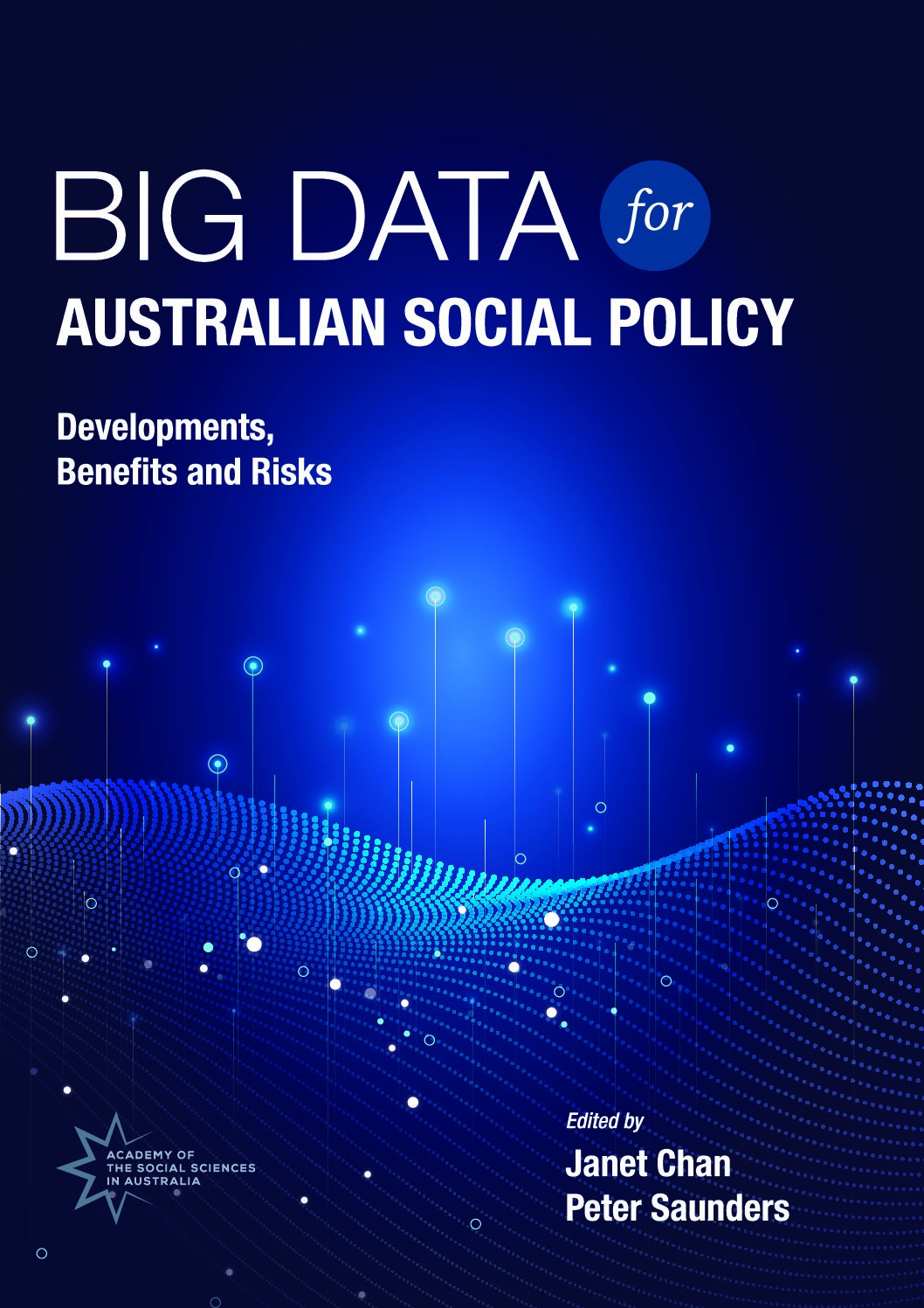The Academy of the Social Sciences in Australia urges Australia’s next government to prioritise policies that promote long-term individual, social, economic and environmental wellbeing, as well as meaningful reconciliation with Aboriginal and Torres Strait Islander Peoples. Social science approaches and expertise offer unique insights and solutions to these challenges and opportunities, and the Academy stands ready to assist.
The Academy suggests five key areas of focus.
1. Recovery and resilience
Over the past three years Australians have weathered an unprecedented string of challenges including bushfires, floods, COVID-19, job losses, and international tensions and instability. These challenges have been experienced unequally and with particular impact by children and young adults, those in insecure or disaster-exposed housing, by First Nations Australians, those in aged care or living alone, and those from migrant backgrounds and communities. These disruptions have also highlighted the exposure of many of our largest industry sectors to global disruptions.
At the same time, the pandemic and Australia’s response have shown anew the opportunity and value of bold economic policy measures to reduce inequality and improve lives, with parallels to Australia’s post-war reconstruction that laid a foundation for much of our national prosperity and social wellbeing over the subsequent decades.
It is critical that Australia’s next government retain the perspective of the pandemic in considering opportunities for major reform and policy initiatives that will help to drive Australia’s continued economic recovery and our future resilience for the decades to come.
There is also both scope and need for the next Australian government to work with all relevant parties to ensure improved coordination and funding that assists as directly as possible with the recovery and resilience of individuals.
2. Future-focused diplomacy
Global unrest and volatility pose significant risks to Australia and its neighbours. Along with increased intelligence and defence capabilities, it is vital that Australia make a renewed financial and leadership investment in diplomatic ties with its neighbours and allies. This should include consideration of increased allocations for foreign aid, and increased opportunities for soft-diplomacy, including business, educational and researcher exchange and collaboration; particularly in the Asia-Pacific region.
While recognising the past, the approach that the next Australian government takes should focus much more obviously and positively on the future shape of global relations and the changing nature of Australian society.
3. Ambitious long-term climate change mitigation and adaptation
The Australian public and our business sector are ready for national leadership on climate change, with every climate-related natural disaster and every accelerated closure of a coal-fired power plant emphasising the risks of a piecemeal and reactive response to this global issue.
Australia’s next government must respond proactively to the climate emergency by substantially bringing forward Australia’s net-zero emission target and implementing the necessary incentives and reforms to allow Australia and Australians to benefit economically and equitably from the required transition.
Significant attention is also required on adaptation, including an upgraded national adaptation strategy based on relevant research evidence to guide the most critical and effective strategies.
4. Future knowledge generation and innovation
The pandemic and concurrent policy changes have placed significant pressure on the research, vocational education and higher education sectors. Impacts have been felt across many fields in the form of job-losses, early and mandated retirements of older and senior staff and reduced hours for highly casualised sessional teaching workforces.
As one component of the tertiary education sector, universities were hit particularly hard by the two-year hiatus on international student arrivals, along with preclusion from the Job-Keeper scheme and changes to funding arrangements. In addition, the apparent shift in public narrative around the purpose of universities as producing ‘job-ready graduates’ risks losing the fundamental value proposition of our institutions as creators of long-term knowledge and innovation.
While the situation is improving, the impact on existing and prospective future workforce remains. A renewed commitment to both basic and applied research, and to mechanisms to ensure transparency and integrity of research funding and practice is vital. Likewise, continued and coordinated investment in vocational education and higher education as fundamental pillars of Australia’s economy would aid in this recovery and ensure Australia’s research and post-secondary teaching workforce is able to continue delivering value for Australia.
The Academy urges Australia’s next government to renew investment in our universities as innovation and knowledge hubs, resourcing them adequately to provide the new knowledge and innovation needed by our businesses, public services and community organisations, and to provide future students with the critical skills and abilities they will need not just for oft-transient jobs, but for entire, fulfilling and financially rewarding careers.
5. Improved framework for coordination within and across governments
The challenges of the past few years have demonstrated in stark detail how inadequate coordination within and across governments can lead to inefficiencies and mistakes that have real impact on Australian people.
Whether flood-affected residents being ‘bounced around’ between agencies while seeking emergency relief, vulnerable children or people with disabilities slipping through the gaps of stretched social service and health systems or the continuing and widening inequalities between Indigenous and non-Indigenous Australians, there is clearly a need to do better.
The National Cabinet established in 2020 was one step toward improving the pandemic response at the top level of government. However, a thorough review of opportunities and mechanisms for improved coordination within and across all levels of government is recommended as an immediate measure for Australia’s next government.


